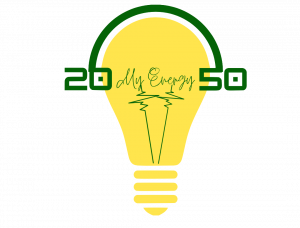Welcome to the MyEnergy2050 podcast where we speak to the people building a clean energy system by 2050. I’m your host, Michael LaBelle. In this episode, we are speaking with Amelia Mutter a Researcher at the Division of Environmental Communications at the Swedish University of Agricultural Sciences. The reason to have Amelia on was to discuss her research comparing biogas and electric transport options in Sweden. As you’ll hear, we have a great discussion and really delve into the following topics:
- How and why she did do a PhD on imaginaries on biogas and electric vehicles in Sweden. For those not familiar with the concept of ‘imaginaries’, don’t turn off yet, the application of imaginaries can help you understand how technology is accepted or rejected by people and policymakers.
- Are goals for 2030 really attainable in just a few more years? Will we have the transport infrastructure and deployed technologies to meet our goals?
- We discuss the interesting and dynamic network of resources and outputs that a biogas facility provides.
- Why technology lock-in may not be a bad thing when it leads to further innovation.
- And finally, why it is important to understand the everyday design justifications for our transport modes. We learn about the different needs of long-range buses compared to city buses.
The intent of the MyEnergy2050 podcast is to spread knowledge about how the energy system can assist our transition towards a greener future. If you enjoy this episode or any episode, please share it. The more we spread our message of the ease of an energy transition, the faster we can make the transition. And now for this week’s episode.
Dr. Michael LaBelle is an associate professor at Central European University in the Department of Environmental Sciences. He produces the My Energy 2050 podcast to change how we communicate and improve the energy transition.
